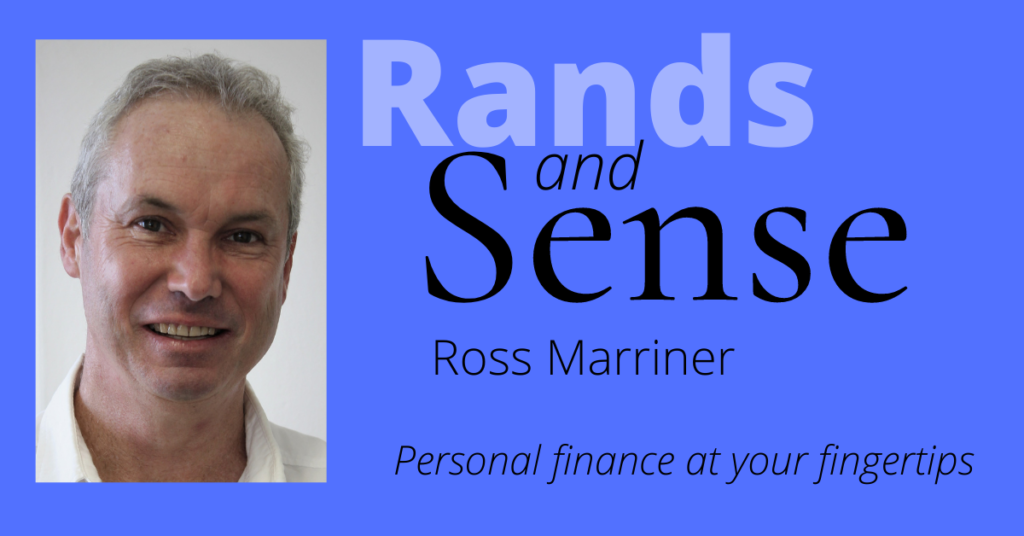By Ross Marriner
As a South African taxpayer, you have very few opportunities to reduce the amount of tax you are obliged to pay. One of the most effective methods which is available to every taxpayer, irrespective of age or level of income, is to contribute towards a retirement annuity. Another is to contribute to a tax-free investment plan.
A retirement annuity is effectively a portable pension plan, and there are many benefits associated with investing in such a plan. Not only will you enjoy immediate tax relief from a percentage of your contributions, but you will also grow a pool of savings from which an income can be drawn once you reach retirement age. The investment growth of a retirement annuity is not subject to any form of tax, and the proceeds will not be subject to executor’s fees or estate duty in the event of your death. If you encounter financial difficulties, the funds invested in a retirement annuity will be protected and cannot be attached by a creditor. The proceeds of a retirement annuity can be passed directly to a nominated beneficiary in the event of your death, meaning that payment will not be affected by the delays currently being experienced at the Master’s Office.
You can invest in a retirement annuity even if you are already contributing towards some other form of retirement fund, such as a pension or provident fund. You will be entitled to deduct a portion of the amount you contribute from your taxable income, thereby reducing the tax payable. SARS effectively sponsors part of your retirement savings by allowing this deduction.
A second tax-effective means of investing is through a tax-free investment plan. You are permitted to invest up to R 36,000 per annum (R 3,000 per month) into this type of investment. This is an effective way to supplement your retirement savings and to save towards long-term goals. As with a retirement annuity, the investment growth is not subject to income tax, capital gains tax or dividends tax.
The difference between a retirement annuity and a tax-free investment plan is that contributions to your retirement annuity are tax deductible, whereas they are not deductible in the case of a tax-free investment. Should you wish to access your money for any reason, the investment value of your tax-free investment is immediately available as a tax-free lump sum. This is not the case for a retirement annuity. When you retire from the fund, only the first one-third is available as a lump sum (the first R 550,000 being tax-free), while the remainder must be used to purchase either a traditional (life) annuity or a living annuity.
If you plan to take advantage of these tax-saving opportunities within the current tax year, please remember that most investment companies insist that your contributions reflect in their bank accounts well before the end of February for your contributions to qualify for the tax benefit.
An experienced Certified Financial Planner® will be able to assist you to structure your investments to suit your individual requirements.
Rands and Sense is a monthly column written by
Ross Marriner is a CERTIFIED FINANCIAL PLANNER® with PSG Wealth. His Financial Planning Office number is 046 622 2891



